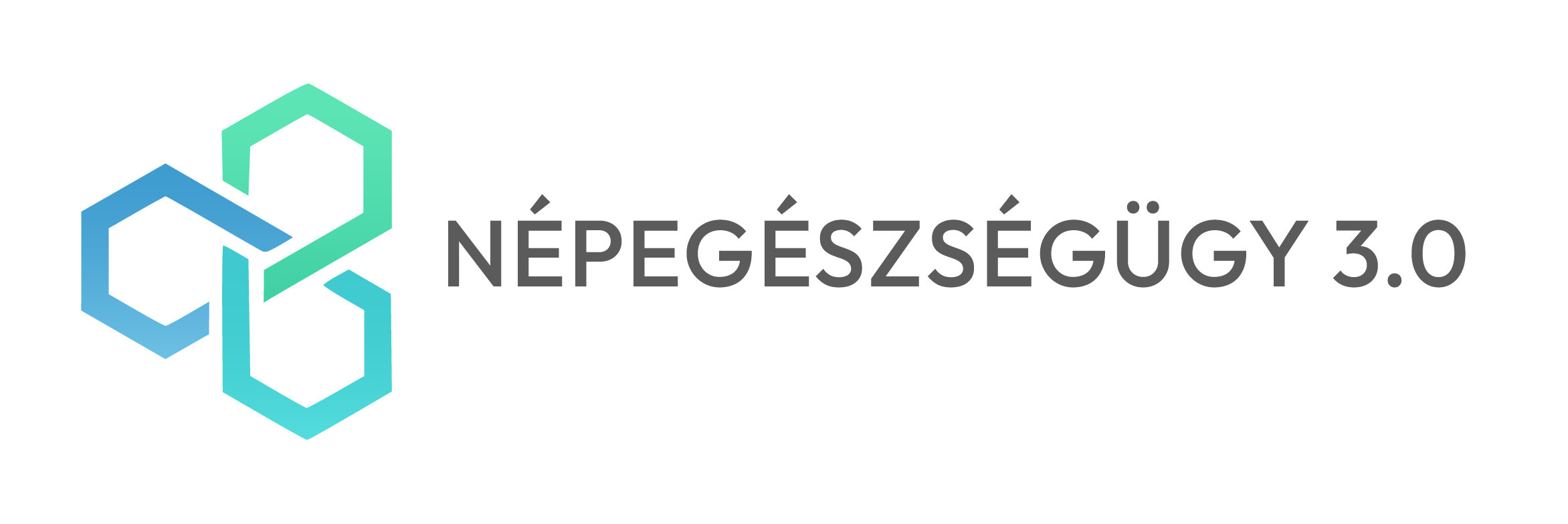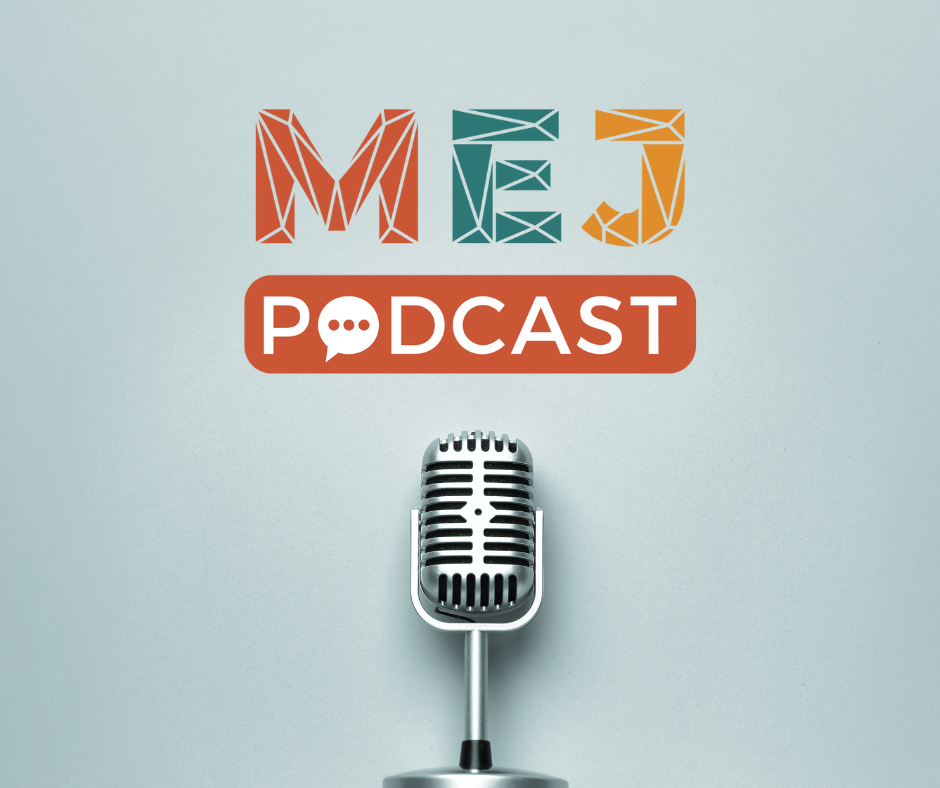Fordítás: Az emberi jóllétre vonatkozó népegészségügyi szemléletek narratív áttekintése
Absztrakt
HÁTTÉR: Az emberi jóllét (human wellbeing) az egészség szinonimája, és az egészségi állapot egyéni és közösségi szintű értékelésénél figyelembe kell venni.
MÓDSZEREK: Ebben a narratív irodalmi mini-áttekintésben a Google Scholar és a PubMed olyan angol nyelvű, teljes szövegű publikációkat és weboldalakat kerestek, amelyekben a „jóllét”, valamint a „definíció”, „típusok”, „mérés” és „fontosság” kulcs-szavak kombináltan szerepeltek. Az összes kigyűjtött szakirodalmat értékelték az áttekintésbe való bevonás céljából, és a legrelevánsabb cikkeket választották ki.
EREDMÉNYEK: Ez a mini-áttekintés az emberi jóllét különböző definícióit és a kap-csolódó fogalmakat vázolja fel. A szerzők a jóllét (wellbeing) szempontjait és népegészségügyi előnyeit tárgyalják. Felsorolják az emberi jóllét mérésére használt számos kérdőívet. Végül a jólléttel kapcsolatos népegészségügyi aggályokat ismertetik.
KÖVETKEZTETÉS: Szükség van a népegészségügyi szakemberek, pszichológusok, szociológusok és orvosok hatékony együttműködésére a betegség hiányánál többet jelentő jólléttel kapcsolatos különböző társadalmi és kulturális szempontból releváns terminológiák operatív meghatározása céljából.
Hivatkozások
Tennant, R., Hiller, L., Fishwick, R., Platt, S., Joseph, S., Weich, S., et al. The Warwick-Edinburgh Mental Well-being Scale (WEMWBS): development and UK validation. Health and Quality of Life Outcomes 2007; 5:63.
Clark, D. Defining and Measuring Human Wellbeing. In Bill Freedman (ed.), Global Environmental Change, 2014:833-855.
De Neve, J.E., Jeffrey, D., Sachs, J. The SDGs and human wellbeing: a global analysis of synergies, tradeoffs, and regional differences. Sci Rep 2020; 10:15113.
Guégan, J.F,, Suzán, G., Kati-Coulibaly, S., Bonpamgue, D.N., Moatti, J.P. Sustainable Development Goal #3, “health and well-being”, and the need for more integrative thinking. Veterinaria México OA. 2018;5(2):1-18. Available from: https://www.scielo.org.mx/pdf/vetmexoa/v5n2/2448-6760-vetmexoa-5-02-00003.pdf.
Talukdar, P., Baruah, A. Wellbeing and pregnancy. Indian J Psy Nsg 2022; 19:83-8.
ICSU, ISSC. Review of the Sustainable Development Goals: The science perspective. Paris (FR): International Council for Science (ICSU); 2015. Available from: https://www.genderportal.eu/resources/review-sustainable-development-goals-science-perspective.
Litchfield, P., Cooper, C., Hancock, C., Watt, P. Work and Wellbeing in the 21st Century. Int J Environ Res Public Health 2016; 13(11):1065.
Huppert, F.A. Psychological wellbeing: evidence regarding its causes and consequences. Appl Psychol Health Wellbeing 2009;1(2):137–64.
Davis, T. Wellbeing Definition, Meaning, and Strategies. Available from: https://www.berkeleywellbeing.com/what-is-well-being.html.
Forgeard, M., Eranda, J., Kern, M., Seligman, M.E. Doing the right thing: Measuring wellbeing for public policy. Int J Well Being 2011; 1:79-106.
Huppert, F.A. Challenges in defining and measuring wellbeing and their implications for policy. Future directions in wellbeing 2017: 163–167. Available from: https://link.springer.com/chapter/10.1007/978-3-319-56889-8_28.
Simons, G., Baldwin, D. A critical review of the definition of wellbeing for doctors and their patients in a post Covid-19 era. Int J Soc Psychiatry 2021;67(8): 984-991.
WHO. Health promotion glossary of terms 2021. Geneva: World Health Organization; 2021. Available from: https://iris.who.int/bitstream/handle/10665/350161/9789240038349-eng.pdf?sequence=1.
WHO Regional Office for Europe Measurement of and target-setting for well-being: an initiative by the WHO Regional Office for Europe, WHO Regional Office for Europe, Copenhagen, 2013. Available from: https://pesquisa.bvsalud.org/portal/resource/pt/who-107309.
Sfeatcu, R., Cernuşcă-Miţariu, M., Ionescu, C., Roman, M., Cernuşcă-Miţariu, S., Coldea, L., et al. The concept of wellbeing in relation to health and quality of life. Eur J Sci Theolog 2014;10(4):123-128.Public health and Human wellbeing
New economics foundation (NEF). Measuring Wellbeing a Guide for Practitioners. 2012. Available from: https://neweconomics.org/uploads/files/measuring-wellbeing.pdf.
Diener, E. Happiness: the science of subjective well-being. In R. Biswas-Diener & E. Diener (Eds), Noba textbook series: Psychology. Champaign, IL: DEF publishers. 2022. Available from: https://nobaproject.com/modules/happiness-the-science-of-subjective-well-being.
Radhakrishnan, R. What Is Health and Wellness? 2022. Available from: https://www.medicinenet.com/what_is_health_and_wellness/article.htm.
Stoewen, D.L. Health and wellness. The Canadian Veterinary J 2015; 56(9):983-984.
Hettler, B. The Six Dimensions of Wellness Model. 1976. Available from: https://cdn.ymaws.com/members.nationalwellness.org/resource/resmgr/pdfs/sixdimensionsfactsheet.pdf.
Center for Disease Control and Prevention (CDC). Health-Related Quality of Life (HRQOL). 2022. Available from: https://archive.cdc.gov/#/details?url=https://www.cdc.gov/hrqol/index.htm.
Wellbeing people. What does wellbeing actually mean? 2023. Available from: https://wellbeingpeople.com/optimal-wellbeing/what-does-wellbeing-actually-mean/2023/.
Sinclair, J. What is social well-being? Definition, types, and how to achieve it. 2021. Available from: https://www.betterup.com/blog/what-is-social-well-being-definition-types-and-how-to-achieve-it.
Diener, E. New findings and future directions for subjective well-being research. Am Psychol 2012;67(8):590.
Huppert, F.A., So, T.T. Flourishing across Europe: application of a new conceptual framework for defining well-being. Soc Indic Res 2013;110(3):837–61.
Oishi, S., Diener, E., Lucas, R.E. The optimum level of well-being: can people be too happy? Perspect Psychol Sci. 2007;2(4):346–60.
Wiseman, J., Brasher, K. Community wellbeing in an unwell world: trends, challenges, and possibilities. J Public Health Policy 2008; 29: 353-366.
Ryan, R.M., Deci, E.L. On happiness and human potentials: A review of research on hedonic and eudaimonic wellbeing. Annu Rev Psychol 2001; 52:14166.
Ruggeri, K., Garcia-Garzon, E., Maguire, A., Matz, S., Huppert, F. Wellbeing is more than happiness and life satisfaction: a multidimensional analysis of 21 countries. Health and Quality of Life Outcomes 2020; 18:192.
Topp, C., Ostergaard, S., Sondergaard, S., Bech, P. The WHO-5 Well-Being Index: A Systematic Review of the literature. Psychother Psychosom 2015; 84:167–176.
Lambert, L., Hotchkiss, L., Passmore, H. Measuring wellbeing: How and why? Positive Psychology in the Middle East/North Africa 2019:207-234. Available from: https://link.springer.com/chapter/10.1007/978-3-030-13921-6_10.
Myers, D.G., Diener, E. The scientific pursuit of happiness. Perspect Psychol Sci 2018;13(2):218–225.
Ashton, K., Jones, C. Geographies of human wellbeing. Published by: Geography Teachers’ Association of Victoria Inc (Global Education Project Victoria). 2013 Available from: https://www.gtav.asn.au/documents/item/40.
Daly, H.E., Cobb, C.W. For the Common Good: Redirecting the Economy toward Community, the Environment and a Sustainable Future; Beacon Press: Boston, MA, USA, 1990;11(1):346–347. Available from: https://journals.sagepub.com/doi/abs/10.1177/027046769101100137.
Summers, J., Smith, L., Harwell, L., Buck, K. The Development of a Human Well-Being Index for the United States. Quality of Life and Quality of Working Life 2017. Available from: https://www.intechopen.com/chapters/55349.
Ward, N. Global indicators and benchmarks for human wellbeing. Geography Bulletin 2018; 50(3):38-47. Available from: https://www.gtansw.org.au/files/geog_bulletin/2018/3_2018/07_GTA%20Bulletin%20Issue%203%202018_Human%20Wellbeing%20indicators%20and%20benchmarks.pdf.
Martín-María, N., Miret, M., Caballero, F.F., Rico-Uribe, L.A., Steptoe, A., Chatterji, S., et al. The impact of subjective well-being on mortality: a meta-analysis of longitudinal studies in the general population. Psychosom Med. 2017;79(5):565-575.
Lyubomirsky, S., King, L., Diener, E. The benefits of frequent positive affect: does happiness lead to success? Psychol Bull 2005;131:80355.
Diener, D., Tay, L. A Scientific Review of the Remarkable Benefits of Happiness for Successful and Healthy Living. Happiness Transforming the Development Landscape. Ch. 6. Bhutan: The Centre for Bhutan studies and GNH; 2012:95121. Available from: https://philpapers.org/archive/ADLDOT.pdf#page=95.
Lasselin, J., Alvarez-Salas, E., Grigoleit, J.S. Wellbeing and immune response: a multi-system perspective. Curr Opin Pharmacol 2016; 29:34-41.
De Neve, J.E., Diener, E., Tay, L., Xuereb, C. The objective benefits of subjective well being. World Happiness Report 2013. Available from: https://papers.ssrn.com/sol3/papers.cfm?abstract_id=2306651.












